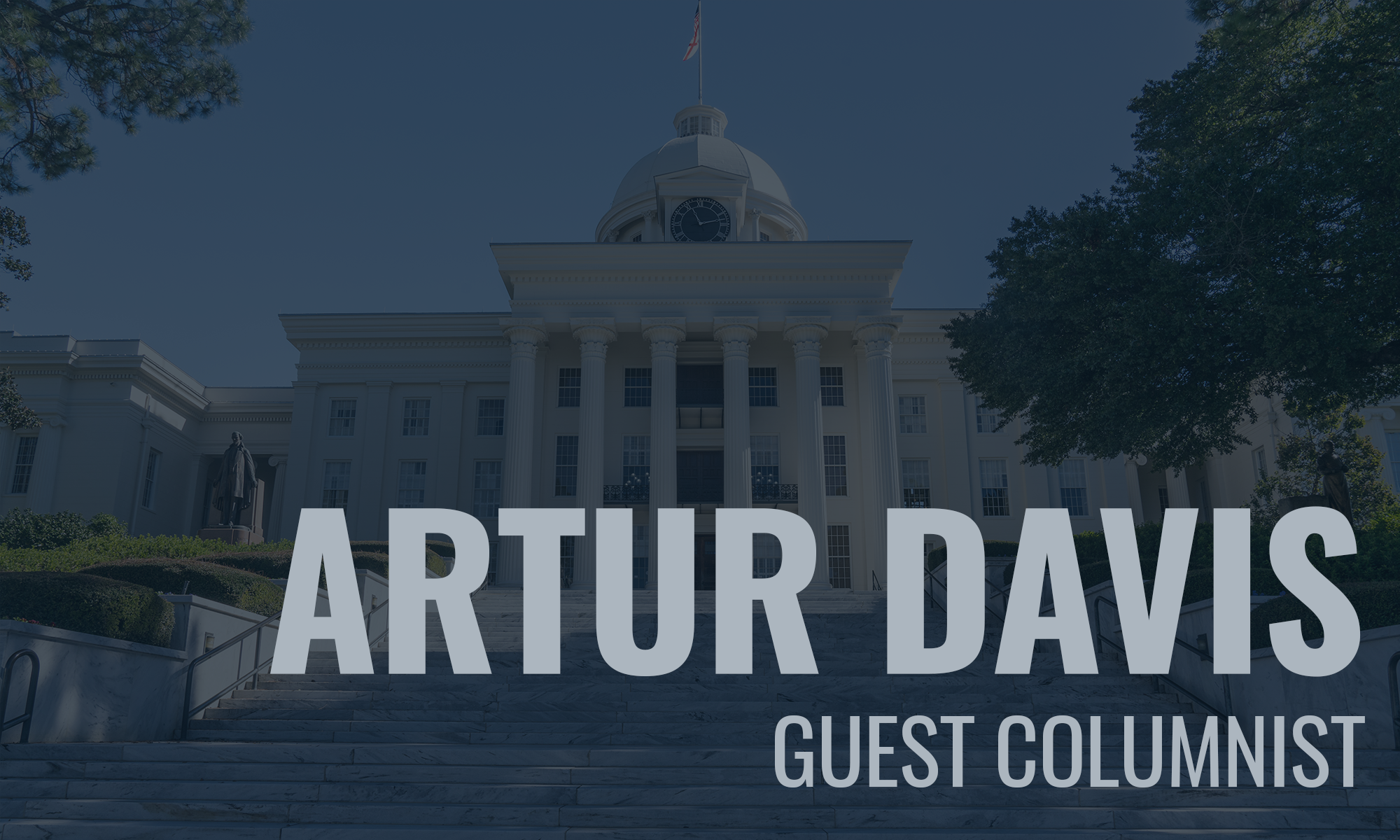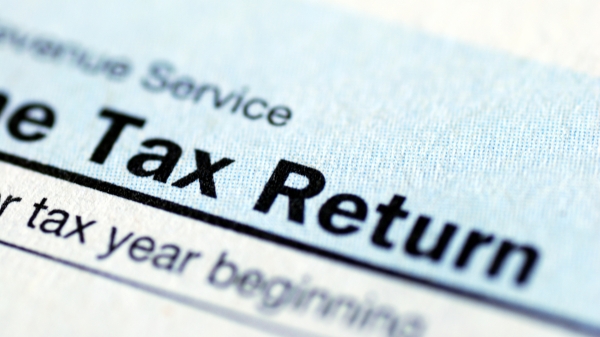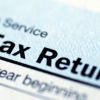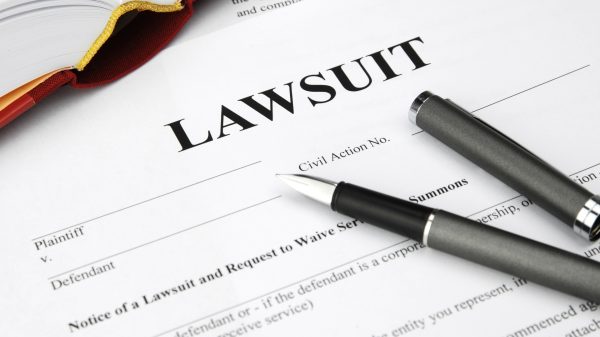Preparing to run for office means fending off rumors. No surprise that as I prepare to reenter Montgomery politics next year, I have gotten tips that “people are asking about your finances” and “do you have a tax problem?”
So, I am going to beat the rumor-mongers to the punch by telling you that even they get it right sometimes. I do owe back federal taxes for one year, 2015, and the amount, roughly $272,000, is almost double what my wife and I currently earn in wages. I had a large one-time surge in income because I cashed out four years of stock options I earned from serving on a corporate board of directors.
I spent those options on three big ticket items: unexpected family medical bills, paying the tax penalty from the stock sales and financing my race for Mayor of Montgomery. If I knew the tax code as well as I should have, I would have known that the $325,000 I paid the IRS was still not enough.
I am in debt because I made the fundamental error of calculating my own tax rate and getting the baseline wrong: I thought that a stock transaction would be taxed at a rate of 20 percent. In fact, if the stock is held for less than a year, it leaps to a much higher rate, in this case, nearly 40 percent. A former member of the congressional tax writing committee should have known better: if I had more money in those days than the mid six figure congressional salary, I suspect I might have been more attuned to the specifics of what tax laws do to families. I was a pretty good congressman, but I should have known every nuance of the tax code I voted on revising numerous times.
The same ignorance about the difference in long and short-term capital gains spilled over into another blunder, not appreciating that every individual stock sale within the year triggered new taxes and new debt to the IRS.
My “do it yourself accounting” meant that the taxes I paid the federal government in 2016 were about $270,000 short, not a good place to be when it took another year to find work. For the last two years, we have survived on a rickety structure of dwindling savings, a blend of salary and consulting fees that have yet to exceed $100,000 annually, and my wife’s modest salary as a non-profit employee. I have withdrawn virtually half of my retirement account to stay afloat during periods without work.
My tax lawyer and I have spent several years petitioning the IRS to accept payment plans, negotiated settlements, and we are still stuck in the maze of IRS bureaucracy.
When you owe federal taxes, the government files a lien even if you are trying to work out a resolution, and it remains until the debt is paid. A lien is not a pretty thing to have sitting on your credit and it puts an anchor on any lottery you might win, or any property that you might sell.
But a lien doesn’t make a citizen a tax cheat or a tax dodger. Those slurs describe people who file false returns and try to hide their income from the government. Most liens are not a sign of irresponsibility. They are a sign you are powerless to pay a bill that way exceeds your current means.
The sources spreading the rumors about my tax debt no doubt hope that a tax lien is toxic enough to be a disqualifier from political office.
A year and a month from now, when Montgomery elects its next mayor, we will see. I happen to believe that enduring a financial crisis, instead of closing the door, ought to make your service more informed and more sensitive. I have had an involuntary education in what it means to be a middle-aged man who lacks the capital to start his own business, the client base to attract a law firm, or the family wealth to ride a parent’s coattails. I have established I am no tax expert, but I put faith in the reality that Montgomery is full of folks who have struggled when our dreams and hopes didn’t come through. Perhaps a leader should know up close what that burden feels like.
At minimum, my tax fight ensures I can’t be another politician who cavalierly regards taxes as just the leveraging of other people’s money to wager on my good ideas. That awareness won’t intimidate me into taking an automatic no new taxes pledge, but it reinforces my caution about the reflex I hear these days in Montgomery that the real answer to our failing schools is “make them pay more taxes.”
I live first hand with the unfairness in our code, which for example taxes the royalties from the books a dozen congressmen write at a lower rate than the stock transactions millions of ordinary Americans make. I am dealing with the inequity of a tax law that does not adequately account for the current inability to pay. And while I left the Republican Party, they aren’t wrong when they say that the government takes too much of the money we earn.
Stacy Abrams, who may become Georgia’s first black governor in November, is right when she says that her $200,000 of debt to credit cards and IRS liens should not block her ambition, or the aspirations of us mere mortals who are trying to recover from our personal recession. In this depressing political age, more of us flawed, imperfect, indebted mortals should step forward and own the lessons from spending time in the valley instead of running from them.





















































